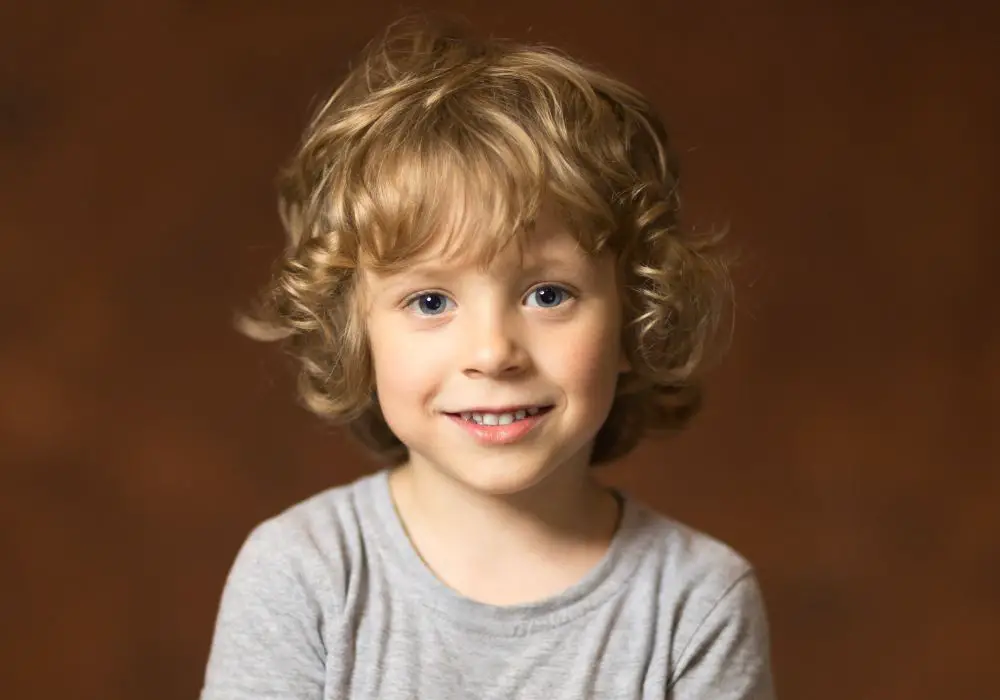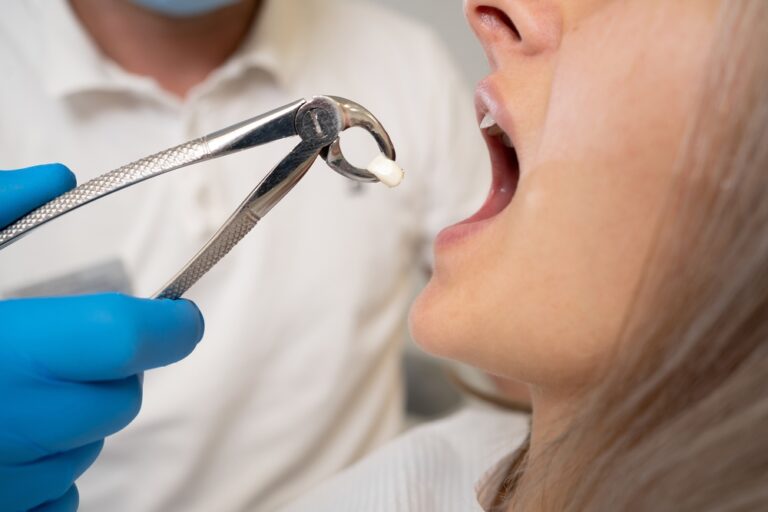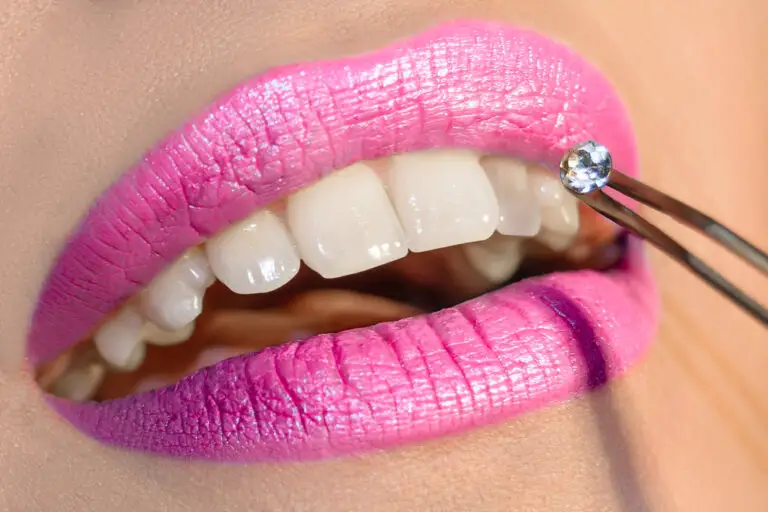If you’re a parent and you notice that your 4-year-old has a loose tooth, you may be surprised and wonder if it’s normal. The answer is yes, it’s within the range of what’s considered normal for a child to lose a baby tooth at this age. While the average age for a child to lose their first tooth is around 5 1/2 to 6, it’s not uncommon for it to happen as early as 4 years old.
Baby teeth, also known as primary teeth, typically begin to loosen and fall out to make room for permanent teeth around the age of 6. However, this can be delayed by up to a year. A child’s 20 baby teeth, which usually come in by age 3, usually fall out in the same order they came in, with the lower center teeth being the first to go around age 6 or 7, followed by the top center pair. It’s important to note that every child’s development is different, and some may lose their teeth earlier or later than others.
Understanding Tooth Development in Children
As a parent, it’s important to understand the basics of tooth development in children. By doing so, you can help ensure that your child has healthy teeth and gums for years to come. Here are a few key things to keep in mind:
Primary Teeth
Children’s primary teeth, also known as baby teeth, usually begin to erupt around 6 months of age. By age 3, most children have a full set of 20 primary teeth. These teeth play an important role in your child’s early development, helping them to chew food properly and develop speech.
Permanent Teeth
Around age 6, children begin to lose their primary teeth as their permanent teeth start to come in. The first permanent teeth to erupt are usually the molars at the back of the mouth. By age 13, most children have all of their permanent teeth except for their wisdom teeth, which typically come in between ages 17 and 25.
Tooth Eruption Timeline
Here’s a general timeline of when you can expect your child’s teeth to erupt:
| Age | Teeth |
|---|---|
| 6-10 months | Lower central incisors |
| 8-12 months | Upper central incisors |
| 9-13 months | Upper lateral incisors |
| 10-16 months | Lower lateral incisors |
| 13-19 months | First molars |
| 16-23 months | Canine teeth |
| 23-33 months | Second molars |
It’s important to note that every child’s tooth development is different, and some may experience delays or early eruption. If you have concerns about your child’s teeth, consult with their dentist.
Caring for Your Child’s Teeth
To help ensure your child’s teeth stay healthy, it’s important to establish good oral hygiene habits early on. This includes brushing their teeth twice a day with a fluoride toothpaste, flossing daily, and limiting sugary snacks and drinks. Regular dental checkups are also important to catch any potential issues early on.
By understanding tooth development in children and taking steps to care for your child’s teeth, you can help set them up for a lifetime of healthy smiles.
The Process of Losing Baby Teeth
Losing baby teeth is a natural process that every child goes through. It can be an exciting time for your child as they anticipate the arrival of their permanent teeth. Here is a breakdown of the three stages of losing baby teeth.
First Stage
The first stage of losing baby teeth usually begins around the age of 4. At this stage, the roots of the baby teeth start to dissolve, causing the teeth to become loose. Your child may start to feel some wiggling or looseness in their teeth. This can be a bit uncomfortable, but it is a normal part of the process.
Second Stage
The second stage of losing baby teeth typically occurs between the ages of 5 and 7. At this stage, the permanent teeth start to push up against the roots of the baby teeth, causing them to fall out. The first teeth to fall out are usually the bottom front teeth, followed by the top front teeth. Your child may experience some bleeding and discomfort during this stage, but it should only last a few days.
Third Stage
The third and final stage of losing baby teeth usually occurs between the ages of 8 and 12. At this stage, the remaining baby teeth will fall out, making way for the permanent teeth to come in. Your child may experience some discomfort during this stage, but it should be minimal compared to the previous stages.
It is important to encourage your child to take good care of their teeth during this process. Make sure they brush and floss regularly to prevent any dental issues. If you have any concerns about your child’s teeth, be sure to consult with their dentist.
Why Do Children Lose Teeth at Age 4?

Losing baby teeth is a normal part of childhood development. In fact, most children start losing their baby teeth around the age of six or seven. However, it is not uncommon for children to start losing their teeth as early as age four. Here are some reasons why:
Natural Process of Tooth Development
The natural process of tooth development is the primary reason why children lose their teeth. Baby teeth, also known as primary teeth, are designed to fall out on their own to make way for permanent teeth. As permanent teeth grow in, they push against the roots of baby teeth, causing them to become loose and eventually fall out.
Genetics
Genetics can also play a role in the timing of when children lose their baby teeth. If a child’s parents lost their baby teeth at an early age, it is possible that their child will follow the same pattern.
Early Tooth Decay
Tooth decay can also cause baby teeth to fall out early. If a child’s teeth are not properly cared for, they can develop cavities that can lead to tooth decay. When tooth decay becomes severe, it can cause the tooth to become loose and fall out prematurely.
Dental Trauma
Dental trauma, such as a fall or a blow to the face, can cause baby teeth to fall out early. If a child experiences dental trauma, it is important to seek dental care as soon as possible to prevent further damage.
Overall, losing baby teeth at age four is not uncommon and is usually a natural part of tooth development. However, if you have concerns about your child’s dental health, it is important to consult with a pediatric dentist.
Impact of Losing Teeth Early
Losing teeth early can have an impact on your child’s dental health. Here are some things to keep in mind:
- Crowding: If a baby tooth is lost too early, the permanent teeth may drift into the empty space, causing crowding and misalignment of teeth. This can lead to difficulty in chewing, speaking, and cleaning teeth.
- Speech Problems: Losing teeth too early can also cause speech problems. The tongue needs to touch the teeth to make certain sounds, and if the teeth are missing, the tongue can’t make the right movements.
- Self-esteem: Children may feel self-conscious about their appearance if they lose teeth too early, which can affect their self-esteem and confidence.
- Dental Decay: If baby teeth are lost too early, the remaining teeth may shift and cause gaps, which can increase the risk of dental decay and gum disease.
It’s important to consult a dentist if your child loses a baby tooth too early. The dentist can monitor the situation and provide guidance on how to prevent dental problems in the future.
Caring for a Child’s Oral Health

As a parent, it’s important to take care of your child’s oral health from an early age. Here are some tips to help ensure your child has a healthy smile.
Proper Brushing Techniques
Brushing your child’s teeth is essential for maintaining good oral health. Here are some tips to help you brush your child’s teeth properly:
- Use a baby toothbrush with soft bristles and a small head.
- Use a smear of fluoride toothpaste the size of a grain of rice and brush all sides of your child’s teeth.
- Brush after their first and last meal of the day.
- Be sure that the toothpaste contains fluoride, which helps prevent tooth decay (cavities).
- Help your child brush their teeth until they have good brushing skills.
- If your child is younger than 6, watch them brush.
- Make sure they use a pea-sized amount of toothpaste and always spit it out rather than swallow.
Regular Dental Check-Ups
Regular dental check-ups are important for maintaining good oral health. Here are some reasons why:
- Dentists can check for cavities and other dental problems.
- Dentists can clean your child’s teeth and remove any plaque or tartar buildup.
- Dentists can provide advice on how to care for your child’s teeth and gums.
- Early detection of dental problems can help prevent more serious issues from developing.
It’s recommended that children see a dentist every six months for a routine check-up and cleaning. By following these tips and scheduling regular dental check-ups, you can help ensure your child has a healthy smile for years to come.
When to Seek Dental Advice?
If your child is experiencing tooth loss at an early age, such as at 4 years old, it’s important to consult with a dentist. While it’s not uncommon for children to lose their first tooth around this age, losing multiple teeth or experiencing tooth loss due to injury or decay can be a cause for concern.
Here are some signs that you should seek dental advice for your child:
- Your child is experiencing pain or discomfort in their mouth.
- Your child’s teeth are loose or falling out due to injury.
- Your child’s teeth are decaying or showing signs of decay.
- Your child’s permanent teeth are coming in before their baby teeth have fallen out.
If you notice any of these signs, it’s important to make an appointment with a pediatric dentist as soon as possible. Early intervention can help prevent further dental problems and ensure your child’s teeth and gums are healthy.
During your child’s appointment, the dentist will assess their teeth and gums and may take X-rays to get a better look at their teeth. They may also recommend a dental cleaning or other treatments to help prevent tooth decay and promote healthy teeth and gums.
Remember, regular dental check-ups are important for maintaining your child’s oral health. It’s recommended that children see a dentist every six months for a check-up and cleaning. By taking care of your child’s teeth at an early age, you can help set them up for a lifetime of healthy smiles.

Frequently Asked Questions
At what age do children typically start losing their baby teeth?
Children typically start losing their baby teeth around the age of 6. However, some children may start losing their teeth as early as 4 years old or as late as 7 years old. Every child is different, and the timing of losing baby teeth can vary.
What are the symptoms of a 5-year-old losing teeth?
The most common symptom of a 5-year-old losing teeth is a loose tooth. Your child may also experience some discomfort or pain in their gums as the tooth becomes looser. Some children may also experience bleeding in the gums when the tooth falls out.
Which teeth do children usually lose first?
The two bottom front teeth (lower central incisors) and the two top front teeth (upper central incisors) are usually the first baby teeth to fall out. After that, the baby teeth will fall out in a specific order, but the timing can vary.
Is it normal for a 4-year-old to lose teeth?
While it is not common, it is still considered normal for a 4-year-old to lose a baby tooth. The average age for losing the first tooth is around 5 or 6, but every child is different. If you have any concerns, it is always best to consult with a pediatric dentist.
Can a child lose 4 teeth in one week?
It is possible for a child to lose 4 teeth in one week, but it is not common. Losing teeth is a natural process, and the timing and order can vary from child to child.
How quickly can a child lose their baby teeth?
The process of losing baby teeth can take several years. Children typically start losing their baby teeth around the age of 6 and will continue to lose teeth until they are around 12 or 13 years old. The timing can vary, and some children may lose their baby teeth more quickly or slowly than others.






